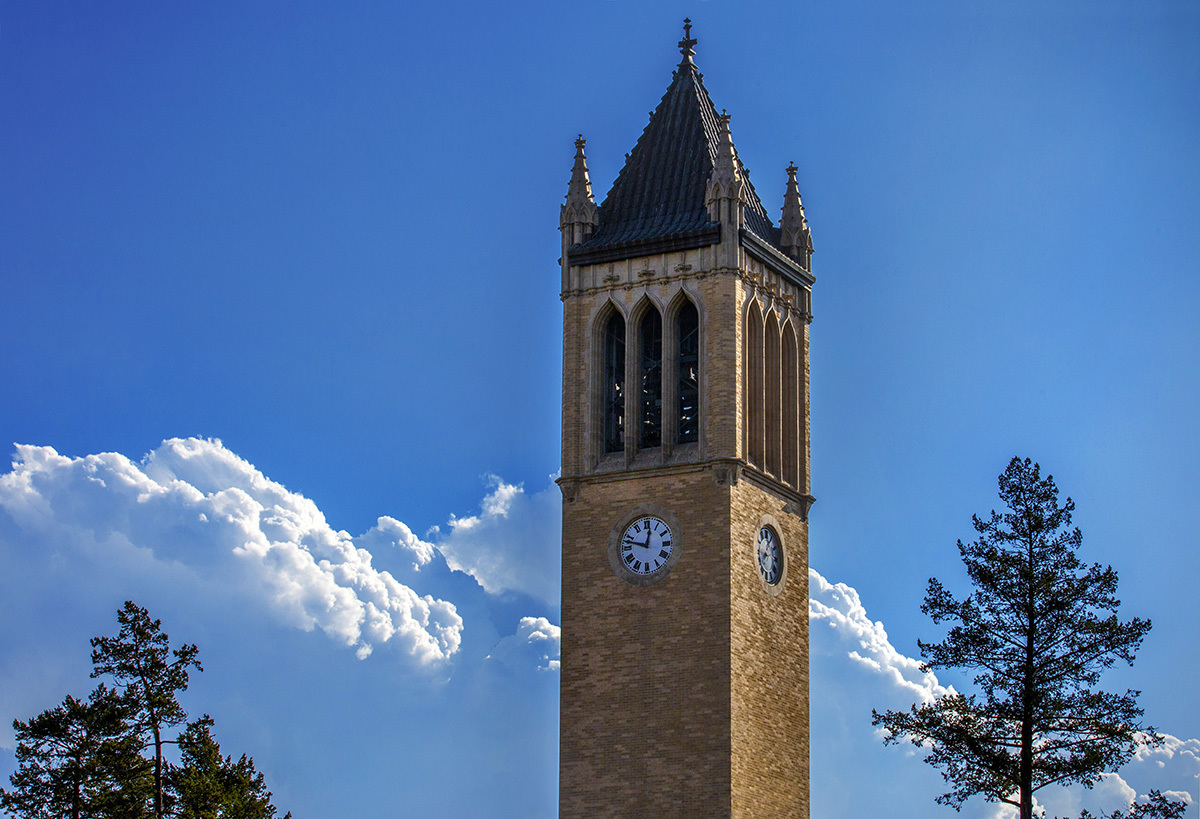Searches to fill noncritical job vacancies should be postponed until the end of spring semester, and critical-need vacancies will require approval from the appropriate senior vice president or president -- or delegate -- before they can be posted. As Iowa State adjusts its operations during the COVID-19 pandemic, interim vice president for university human resources Kristi Darr shared new recruiting guidelines in a March 24 memo to managers. She defined "critical" as necessary for essential day-to-day functions of the university.
"Iowa State University remains committed to prioritizing the health and safety of our students, faculty, staff and visitors," Darr wrote.
For positions that have been posted, Darr said staff recruiting specialists (for non-faculty positions) and HR coordinators (for faculty positions) will contact hiring managers to discuss options. Those could be:
- Extend application dates through the end of spring semester.
- Close the posting now and repost it after the end of spring semester.
"Consult with your HR delivery team if you need assistance in determining whether the search should be extended, or if you need assistance developing a workforce contingency plan within your area," Darr wrote.
In light of university restrictions on both nonessential travel and in-person meetings, Darr said in-person job interviews also must be postponed until the semester has ended. Again, senior VP or presidential approval is needed for an exception. Darr said phone or Webex video interviews may occur and reminded interview teams to keep their interviews consistent among the candidates, regardless of the format.
In a follow-up memo to the academic division, senior vice president and provost Jonathan Wickert provided further guidelines for faculty and postdoc searches:
- Interviews for tenured or tenure-track faculty positions must be postponed until they can be conducted in person.
- Virtual interviewing is allowable in searches for postdocs, administrative posts open only to internal candidates and term faculty posts up to one year long that fill critical teaching needs.
Start dates
Darr said search teams should expect delays in the offer/hiring process. She encouraged units to offer hire dates after May 10 whenever possible, and to seek senior VP or president approval for an earlier start date. Units wishing to delay or extend an offer in process should ask their staff recruiting specialist or HR coordinator for help.
In cases where new employees already were scheduled to begin in their new post before the end of the semester, Darr offered this guidance:
- Talk to new hires about their interest in delaying the start date.
- If a delay is amenable, adjust but don't suspend the onboarding process.
- Make sure equipment and necessary resources are available to new employees on their start dates.
- The federal form I-9 still is required for new employees, though the Department of Homeland Security issued emergency guidelines for remote verification and processing.
Summer graduate assistants
Darr said summer appointments for graduate assistants will be allowed. She noted that appointments may be one- to three-months long, which gives supervisors concerned about COVID-19 impacts some flexibility. Full stipends for the appointment term must be honored even if needs change.
Darr also said hiring for noncritical undergraduate student positions should be delayed until after the end of the semester.

